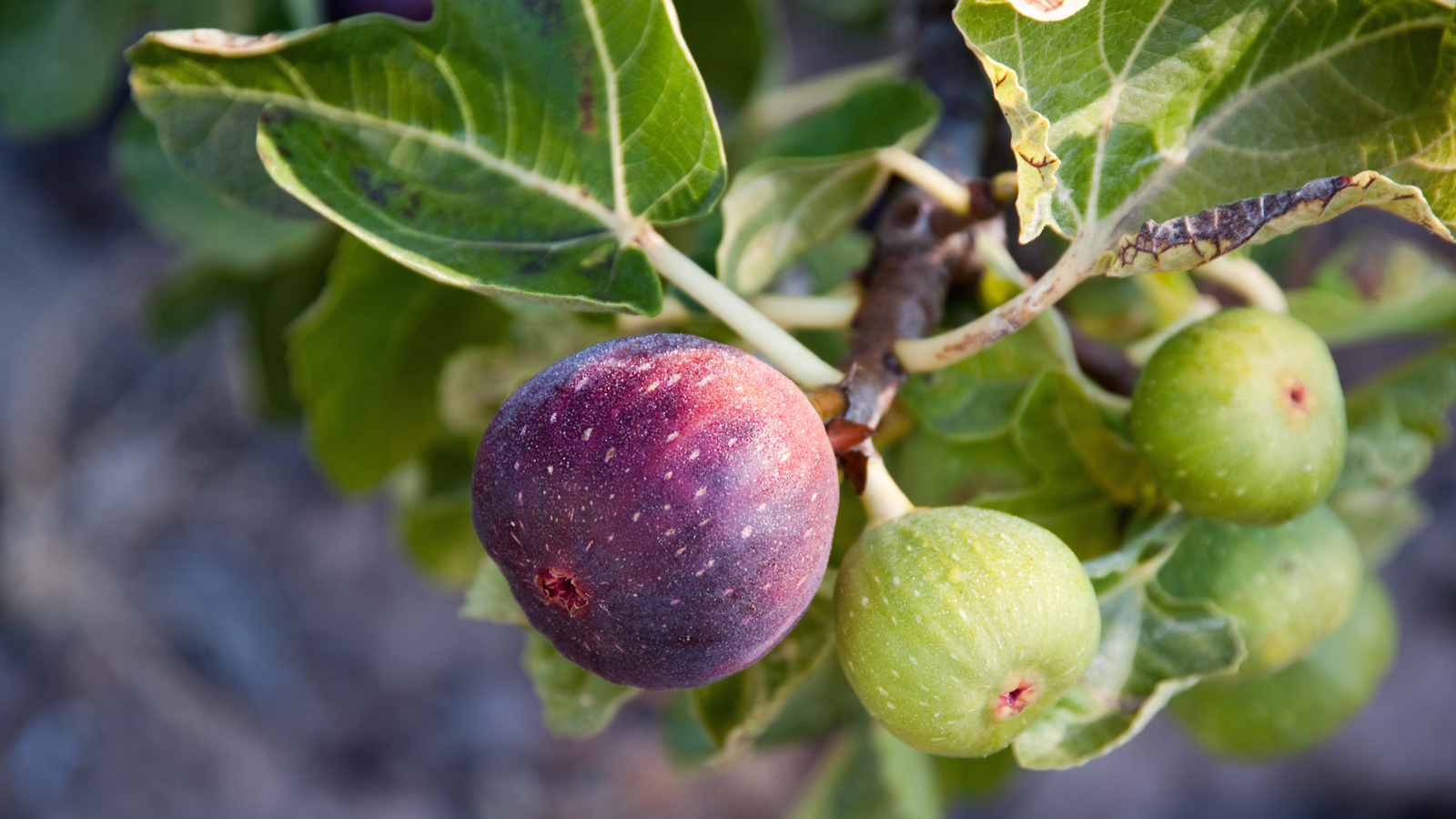Commentary on Parashat Vaera, Exodus 6:2-9:35
Most of our lives are darkened by the shadow of aging. We mock the old, laughing at their physical condition, joking about being in wheelchairs, in old-age homes, in hospital beds. We associate the old with the incompetent, with a state of permanent boredom and irrelevance. By bleaching our hair, lifting our faces, breasts and calves, sucking off our fat, and dressing in the gaudiest apparel possible, we hope to “stay young” forever.
Our fear of age trails us everywhere, urging middle-aged women to undergo cosmetic surgery and middle-aged men to find a mistress. It whispers to us of “our last chance” — whatever the vice in question. There is a frenzied quality to our recreation, our relationships, and to our acquisition of property, since we expect all of them to ward off the inevitable — death.
Warding Off Death
There is one way to ward off death, but it doesn’t lie in the distractions and the stuporifics offered by today’s fashion magazines. We can ward off death, prevent its encroachment into the realm of life, only by truly living each and every day, only by refusing to see the elderly as the walking dead, or to view aging as equivalent to dying.
We can put off death by honoring the old among us. Look, for a moment, at how our Jewish tradition speaks of age. In this week’s portion, Moses and his brother, Aaron, receive God’s command to appear before Pharaoh to demand the freedom of the Jews. In what looks like an unnecessary digression, after discussing the conversation between the brothers and God, the Torah records that “Moses was 80 years old and Aaron was 83, when they made their demand on Pharaoh.”

Help us keep Jewish knowledge accessible to millions of people around the world.
Your donation to My Jewish Learning fuels endless journeys of Jewish discovery. With your help, My Jewish Learning can continue to provide nonstop opportunities for learning, connection and growth.
Why does the Torah stoop from the drama of statesmanship and diplomacy at the highest levels to reveal something so mundane, so irrelevant as the age of these two leaders?
According to Rabbi Abraham ibn Ezra, this reference to advanced age is unique. “We don’t find prophets anywhere else in Scripture for whom the text points out that they prophesied while elderly, except here.”
Moses and Aaron Were Old
Only for Moses and Aaron does the Torah go out of its way to tell us that they were old. Why? “Because it attributes greatness [to Moses and Aaron] beyond all other prophets, for only to them did God appear…for only to them was the Torah given, and thus through their hands do the righteous inherit the Coming World, while all other prophets either chastise or predict the future.”
Rabbi ibn Ezra noticed a distinction in the functions of these brothers and all subsequent Jewish prophets. Only Moses and Aaron transmitted new teaching to the Jewish people, and their teachings became our portal to eternal life and higher purpose. All the other prophets, as great as they indubitably were, worked to remind us of the ethical and spiritual core of the Mosaic revelation.
While Rabbi ibn Ezra’s insight is itself remarkable, for our purposes what stands out is his evaluation of age. He sees the statement of Moses and Aaron’s old age as highly complimentary. Not only do they not hide their age, but it is a source of pride.
In the words of the Talmud, “at 80 — the age of strength.” What is the strength of 80 years? Surely a teenager is stronger physically, and a child can run farther and packs more energy! The acumen of a 40-year old is more quick and deft, and a 60-year old is more keen to the ways of the world.
The strength of 80 is the wisdom that comes from experience and completion. Having run much of the course of life, having seen the follies and passions of the human heart rise and subside, having seen their own and their friends’ dreams, limitations and achievements, an adult of 80 years is finally able to look at the human condition with compassion and some skepticism. At 80 years of age, we need no longer serve either passion or ambition.
Finally, at 80, we can review our life, taking stock of how those who cared for us as children paved our paths through life, for good or for ill. The Talmud relates that Rabbi Hanina used to say that one was regarded as healthy “as long as one is able to stand on one foot and put on and take off one’s shoes.” It was said that Rabbi Hanina was able to do so at the age of 80. He remarked that “the warm bath and oil with which my parents anointed me in my youth have stood me in good stead in my old age.”
In our youth, each one of us was cared for by someone older. As links in the chain of the generations, we also care for others who depend on us to transmit what they need to establish lives of purpose, accomplishment and belonging. Judaism is the warm water, and Torah the oil with which to anoint our children and ourselves, the bath to keep away the chill. Then, even in old age, we will flourish like a cedar. Planted in the courtyards of our God, we shall bear fruit, even in old age.
Provided by the Ziegler School of Rabbinic Studies, which ordains Conservative rabbis at the American Jewish University.



